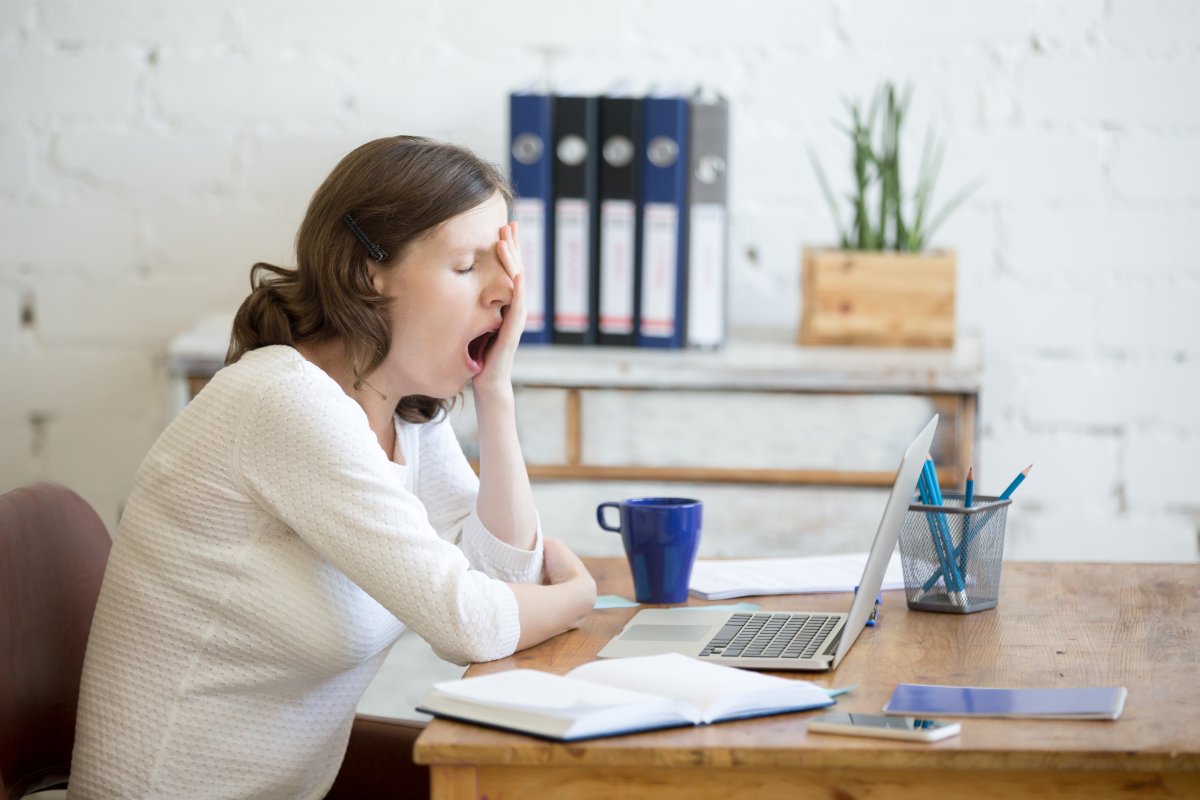Are your work emails more likely to contain typos on Mondays? Do you feel like you’re never quite yourself on the first day of the week?

You may have a case of so-called Sunday-somnia. More than 23 per cent of people report sleeping badly on Sunday night, according to a new survey by the maker of sleep and meditation app Calm.
Three times as many respondents reported having trouble nodding off on Sunday than on any other night of the week, the research found, according to the Daily Mail.
The study, which draws on an online survey of 4,279 Americans and Britons, complements a wealth of evidence showing that Sunday is the worst night of the week for sleep.
A 2015 global poll by online job search giant Monster.com found that as many as 62 per cent of people around the world suffer from “really bad” Sunday night blues.
And it’s no secret that poor sleep can affect productivity at work, especially if it becomes a recurring problem. The Harvard Business Review has called chronic sleep deprivation a “performance killer.”
So what is it about Sunday nights that keeps us up?
There are two sets of factors that interfere with restful sleep, according to researchers.
The first is anxiety about the week ahead. Thoughts racing to a work inbox overflowing with unread emails, upcoming Monday morning meetings and status updates and even a stressful commute to work are often cited by Sunday-somniacs.
But what we do on the weekend can also contribute to a bad night’s sleep on Sunday and the so-called Monday brain syndrome.
Staying awake longer on Friday and Saturday evening and sleeping in in the morning can disrupt your sleep routine, something sleep experts have dubbed “social jetlag.”
Many of us feel a desperate need to catch up on shuteye over the weekend. But this slumber-binge confuses the body as to what time it is and whether it should be sleeping or awake, Charles Czeisler, one of the foremost authorities on sleep cycles.
But if sleep-bingeing can spoil your Sunday night, so can a real hangover.
Though alcohol can make you nod off quite quickly, it also produces an “arousal influence” that can result in shallow and disrupted sleep, a 2015 study found.
Making sure you get the best rest you can on Sunday night hinges on minimizing anxiety triggers and sticking as much as possible to your weekday sleep routine:
- Devoting some time on Sunday afternoon to get ready for the week ahead can take the stress off your Sunday night, according to Monster.com. You can assemble materials you expect to need the day after, for example, or review your calendar.
- However, avoid checking your work email on Sunday night, which will likely only generate stress.
- Working later on Friday to tie up loose ends from the week can also contribute to a calmer Sunday night, according to Monster.com
- Avoid drinking too much on Friday and Saturday and skip that can of beer or glass of wine shortly before going to bed on Sunday.
- Try to catch up on sleep through early afternoon naps rather than marathon sleep on Saturday and Sunday morning.
- However, avoid napping later on Sunday afternoon, which risks keeping you awake longer that evening.






Comments